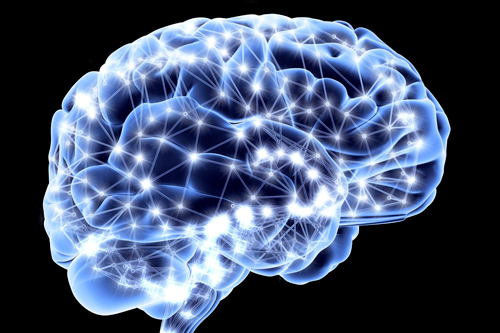Why more REM boosts your brain power
It’s no surprise that sleep helps our brains function. In fact, we need it to survive. By the age of 60, we’ll have spent 20 years of our lives asleep. Aside from rest and restoration, sleep helps us remember and learn. Here’s how:
Research suggests that sleep helps learning and memory in two distinct ways. A sleep-deprived person cannot focus attention optimally and, therefore, cannot learn efficiently. Moreover, sleep itself has a role in the consolidation of memory, which is essential for learning new information.
According to a Ted Talk by Dr. Robert Stickgold, “sleeping on it” helps our brains extract information that we learned to actually retain it better. When learning new information before sleep, study participants recalled the information two and a-half times better the next morning than participants who either didn’t sleep or who were tested on the information the same day.
The earliest sleep and memory research study focused on declarative memory – or learning facts. The data indicates that participants who are studying an advanced foreign language course experience a greater amount of REM sleep, the stage where most dreaming and learning occurs. Haven’t you ever studied something so intensely that you started dreaming about it?
Researchers from that first study also theorize that deep restorative sleep, known as slow-wave sleep (SWS), plays a substantial part in declarative memory, by assisting to process and consolidate new information.
Another study, conducted at Beth Israel Deaconess Medical Center (BIDMC), concludes that procedural memory – remembering how to do something, such as how to ride a horse – is greatly enhanced by REM sleep. Researchers believe this may explain why children and babies need more sleep than adults.
The study concludes that “New memories are formed within the brain when a person engages with information to be learned (for example, memorizing a list of words or mastering a piano concerto). However, these memories are initially quite vulnerable; in order to ‘stick’ they must be solidified and improved.”
In addition researchers explain, “This process of ‘memory consolidation’ occurs when connections between brain cells as well as between different brain regions are strengthened, and for many years was believed to develop merely as a passage of time. More recently, however, it has been demonstrated that time spent asleep also plays a key role in preserving memory.”
As part of the study, MRI scans show the effect of sleep on memory in various brain regions. “When you’re asleep, it seems as though you are shifting memory to more efficient storage regions within the brain,” according to Dr Matthew Walker, director of BIDMC Sleep and Neuroimaging Laboratory. “Consequently, when you awaken, memory tasks can be performed both more quickly and accurately and with less stress and anxiety.”
The consensus: getting ample shuteye will help you remember important things, retain new information and process things better. The phrase “sleep on it” holds true. So, aim to hit the sheets earlier on a regular basis, and wake up ready to face each day with your mind refreshed.



